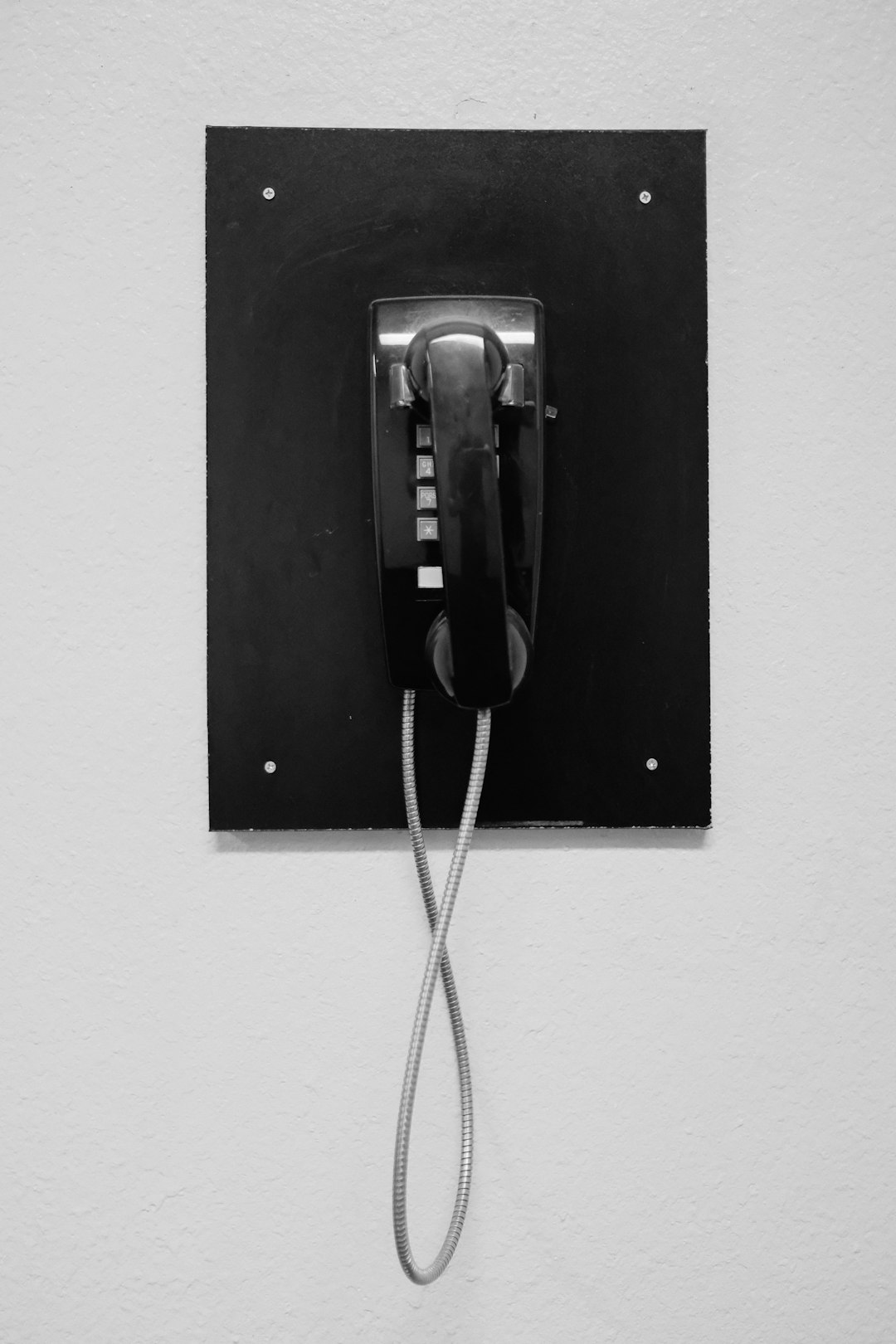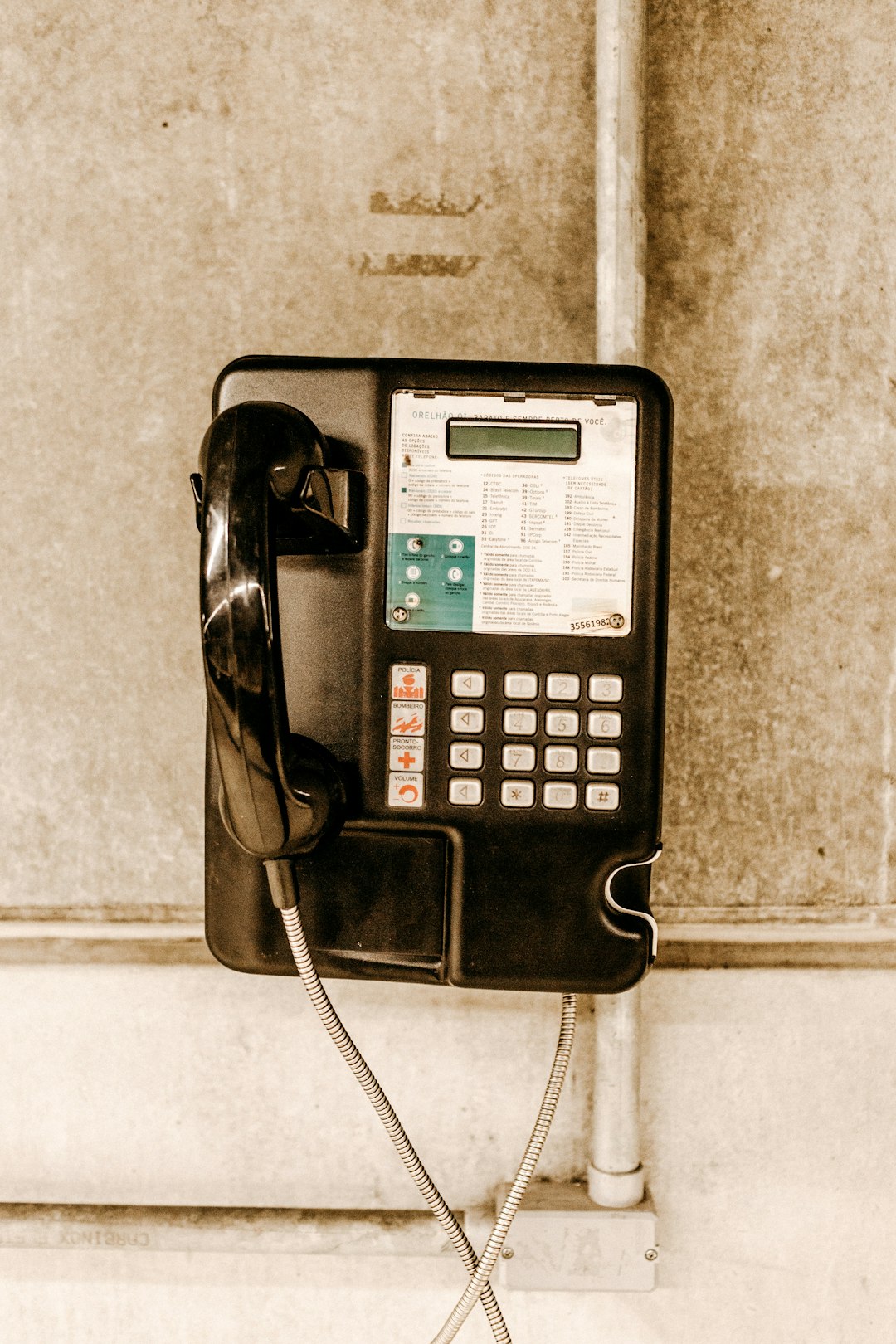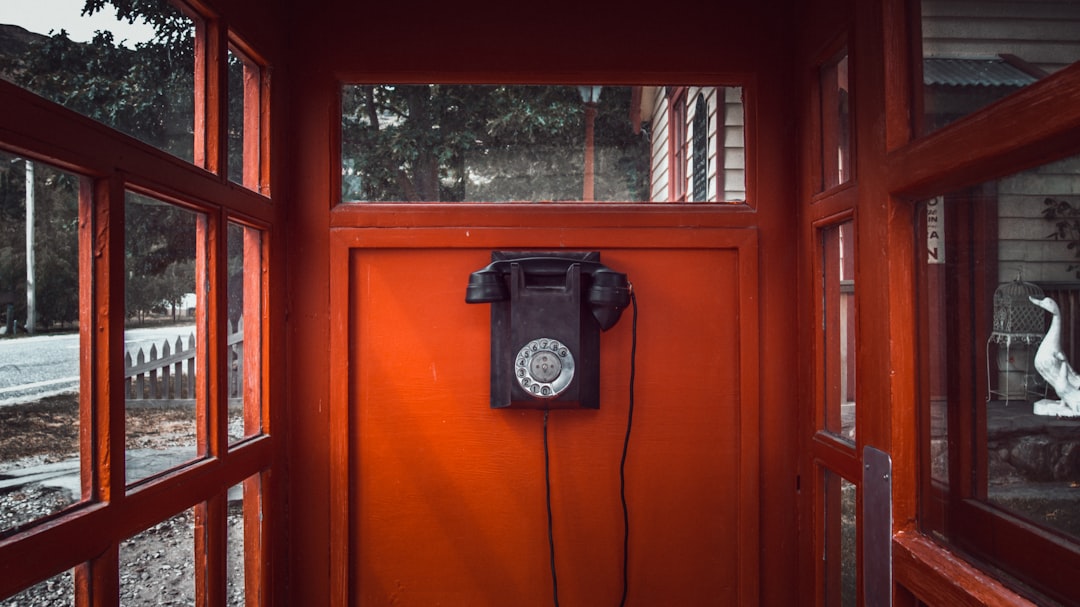New Jersey residents plagued by intrusive marketing robocalls can find relief through the Telephone Consumer Protection Act (TCPA) and specialized robocall Lawyer New Jersey. These professionals guide consumers on blocking automated calls, filing complaints, and seeking damages while leveraging advanced technological solutions to significantly reduce unwanted calls.
In the age of digital connectivity, robocalls have become a persistent nuisance, with millions of Americans affected annually. New Jersey residents are no exception, facing an onslaught of automated calls for marketing, debt collection, and political purposes. This article guides you through the complex landscape of robocalls in New Jersey, offering practical advice on identifying and blocking these unwanted intrusions. We’ll explore legal frameworks, powerful tools, and when to consult a robocall lawyer in NJ for effective recourse.
Understanding Robocalls and Their Legal Framework in New Jersey

In the digital age, robocalls have become an increasingly prevalent and annoying nuisance for many New Jersey residents. These automated phone calls, often used for marketing purposes, can be frustrating and intrusive. They are characterized by their ability to dial thousands of numbers rapidly, leaving little room for personal interaction or consent from the recipient.
New Jersey has implemented laws to combat this issue, primarily through the Telephone Consumer Protection Act (TCPA). This legislation grants consumers the right to block automated calls, especially those without prior express consent. A robocall lawyer in New Jersey can provide guidance on these legal protections and assist individuals in navigating their rights, ensuring they are not overwhelmed by the complex regulatory framework surrounding robocalls.
Identifying and Blocking Robocalls: Tools and Techniques for New Jersey Residents

In today’s digital era, robocalls have become a ubiquitous and often annoying part of daily life for many New Jersey residents. Fortunately, there are several tools and techniques available to help identify and block these automated calls. One effective method is using specialized apps designed to recognize and filter out robocalls. These applications employ advanced algorithms to analyze call patterns and signal characteristics, allowing them to flag potential spam or fraudulent attempts. Many of these apps offer customizable settings, enabling users to manage their preferences for blocking specific types of calls.
Additionally, New Jersey residents can leverage the services of a robocall lawyer to gain better control over their communication channels. Legal experts in this field can provide guidance on current regulations and help implement robust call-blocking systems. They may recommend installing call-screening software or enrolling in official do-not-call lists maintained by regulatory bodies. By combining technological solutions with legal expertise, residents can significantly reduce the number of robocalls they receive and enjoy a quieter, more peaceful communication experience.
When to Consult a Lawyer: Legal Recourse Against Robocalls in NJ

If you’re experiencing a persistent problem with robocalls in New Jersey and have exhausted other blocking methods, consulting a robocall lawyer may be your next step. Legal recourse against unwanted automated calls can provide a level of protection and peace of mind. In New Jersey, there are laws in place to combat robocalling, such as the Telephone Consumer Protection Act (TCPA), which restricts certain types of telemarketing practices.
A robocall lawyer in New Jersey can help you understand your rights under these laws and take appropriate action. They can assist with filing complaints against the offending callers, seeking damages if applicable, and even pursuing legal actions to stop the robocalls from reaching your phone. This is especially important if the calls are causing emotional distress or disrupting your daily life.






